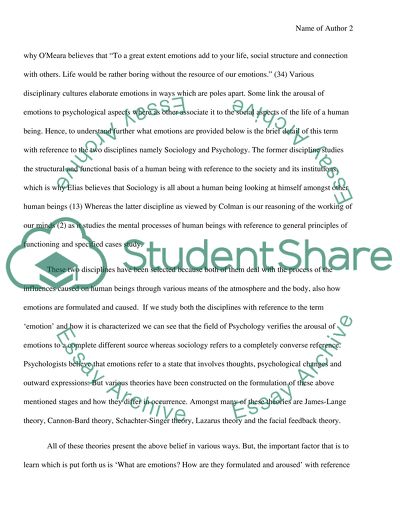Cite this document
(“A Scrutiny of Emotions: Social and Psychological Phenomenon Research Paper”, n.d.)
A Scrutiny of Emotions: Social and Psychological Phenomenon Research Paper. Retrieved from https://studentshare.org/psychology/1435464-a-comparison-of-the-study-of-emotions-in-two
A Scrutiny of Emotions: Social and Psychological Phenomenon Research Paper. Retrieved from https://studentshare.org/psychology/1435464-a-comparison-of-the-study-of-emotions-in-two
(A Scrutiny of Emotions: Social and Psychological Phenomenon Research Paper)
A Scrutiny of Emotions: Social and Psychological Phenomenon Research Paper. https://studentshare.org/psychology/1435464-a-comparison-of-the-study-of-emotions-in-two.
A Scrutiny of Emotions: Social and Psychological Phenomenon Research Paper. https://studentshare.org/psychology/1435464-a-comparison-of-the-study-of-emotions-in-two.
“A Scrutiny of Emotions: Social and Psychological Phenomenon Research Paper”, n.d. https://studentshare.org/psychology/1435464-a-comparison-of-the-study-of-emotions-in-two.


